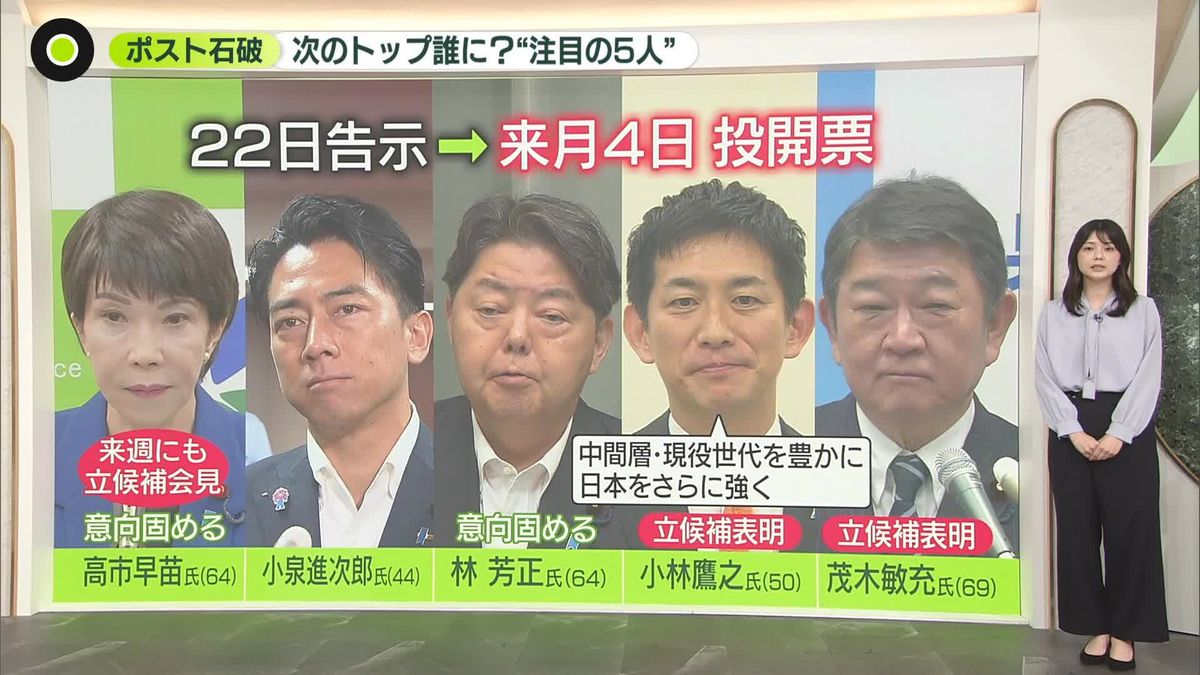Five candidates are set to participate in an upcoming election due to be held on the 4th of next month. The election in question is to determine the next leader of Japan's ruling faction, adding a sense of weighty importance to the event. As the country prepares to vote, serious discussions and debates are expected to take place surrounding each candidate's ideologies, policies, and proposed strategies moving forward.
In Japan, political leadership plays a crucial role in charting the nation's course. The election and its outcome are likely to spark considerable discourse among the populace. The citizens deeply value the democratic right to vote, and they often engage in thorough discussions about candidates' policies before casting their votes. These elections also often reflect the prevailing societal issues and concerns, as the public seeks leaders who can address them effectively.
Similar to the U.S. or E.U., election periods in Japan are marked by fervent public discussions and scrutiny of each contender's suitability for office. However, unlike many Western countries where campaign periods last for months, in Japan the process is typically shorter and more intense. This allows for a condensed, concentrated period of analysis and assessment before the public makes their choice.

